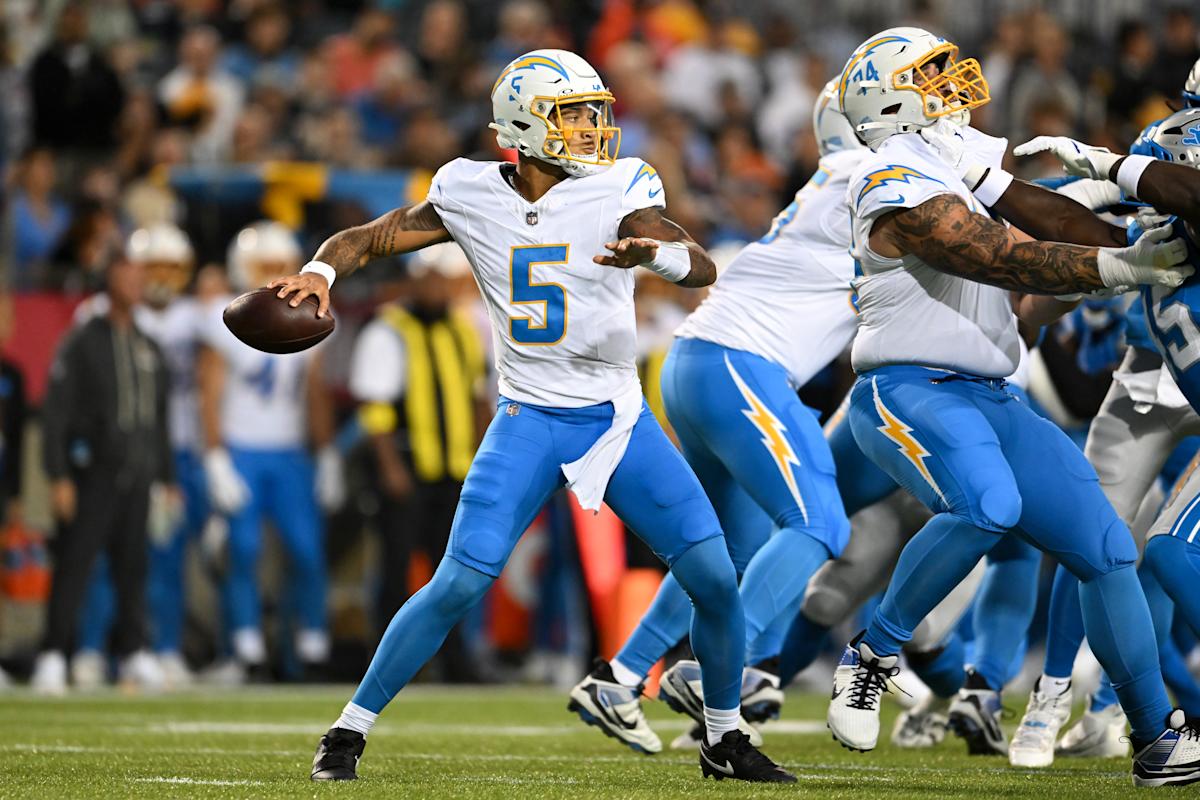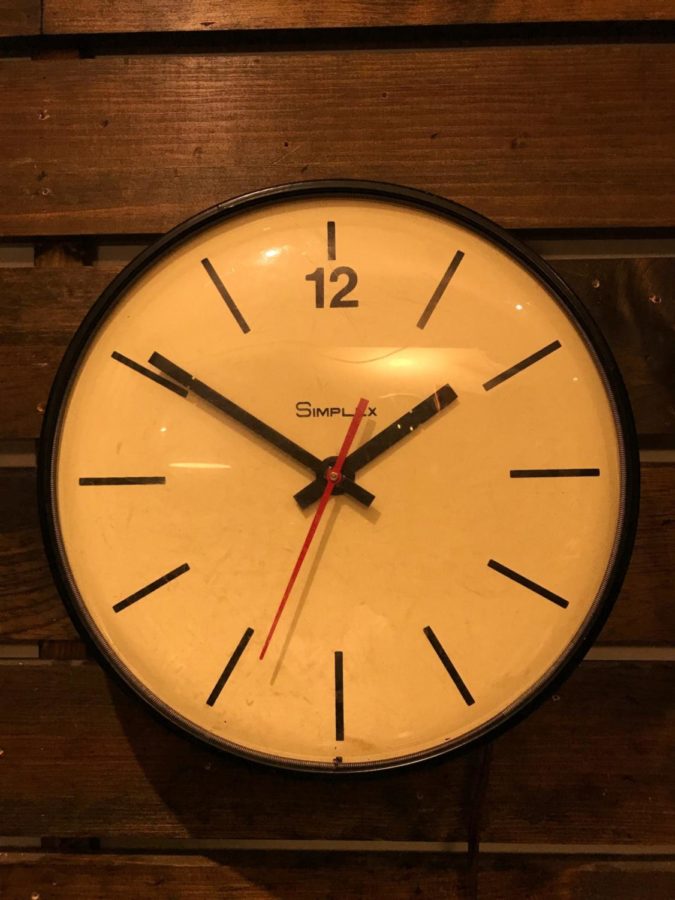How Much is Your Time Worth?
October 9, 2022
How much is your time worth? Most of us, I think, would say that it’s priceless. After all, we have a very limited amount of it. But if you have a job, you’ve already given the hour a price tag—or rather, someone else has given your time a price for you. But now I’m morbidly curious about the price that we’ve put on time, so let’s dig a little bit deeper.
There’s a couple ways we can figure out the value of our time. The first one relies on the current economic “value of a statistical life,” or VSL. This concept is often used in deciding whether additional safety or healthcare measures are justified, cold-blooded as it feels. The VSL, as of 2022, is hovering around $9 million to $11 million, which feels abysmally low for something so precious. If we take that $11 million and divide it out over the 75-ish years that a human is expected to live in the US, we get a value of less than $16.75 per hour. That’s a bit of a let-down, I think.
Maybe this next estimate will give us a better answer. We could take the average salary of someone who works full-time in the US, and then divide that out over the time they spend working. I like our chances with this one; we don’t have to divide that price out over nearly as much time. The hiring platform Indeed estimates the average salary of a full-time worker at about $1000 per week, and we’ll say that person works about 40 hours in a typical week—the classic nine-to-five grind. That gives us a value of around $25 dollars per hour—about 50% more than our VSL estimate, but still surprisingly cheap for something so precious.
I guess all this work begs the question: “Should we even be putting a price on time?” Economics and statistics certainly don’t give us a satisfying answer. So maybe we’ll have to look beyond monetary values to see what our time is worth—try a different tack, and all that. In fact, some folks have already done just that, so I’m going to shamelessly rely on their arguments. After reading way too many self-help books and productivity guides, I might have even found a less discouraging answer.
Once you get beyond the hustle culture and the books encouraging you to wake up at cursed hours of the morning, there’s some inspiring stuff out there. And the consensus seems to be that the value of time isn’t in having it, but in how you use it. So, it’s not the money that counts, but the experiences. Cheesy? Oh yes. But it’s also much less fatalistic than my earlier figure of $25 dollars an hour, so I’m going to stick with this: the real value of our time is in the friends we made along the way.












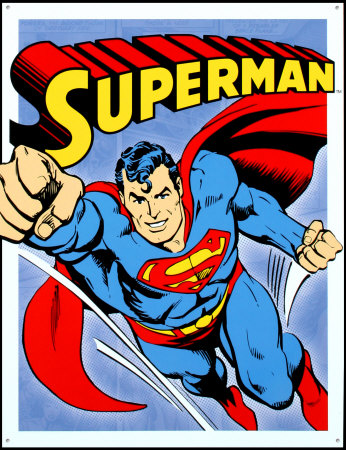
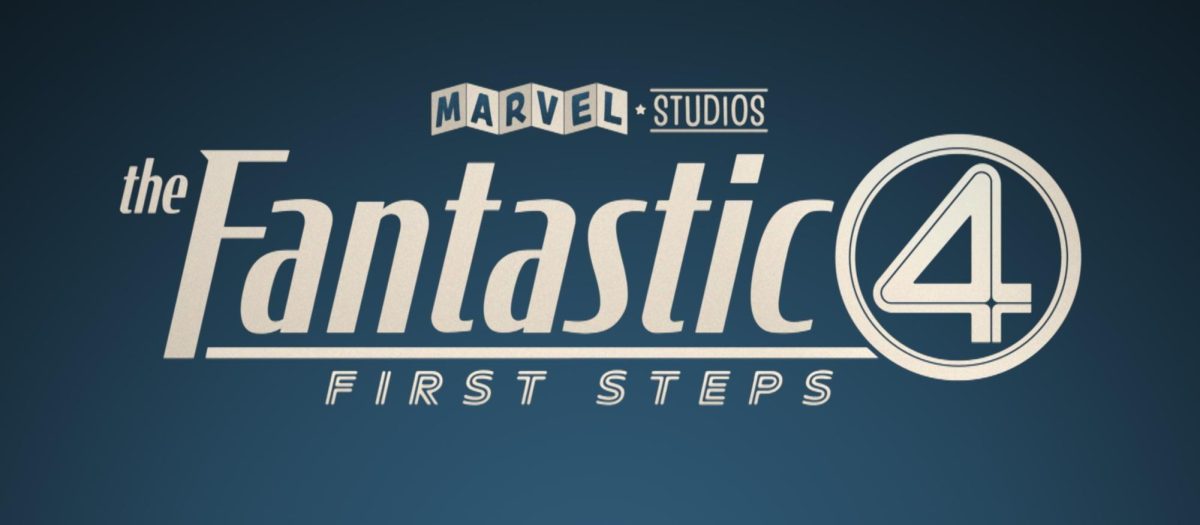

















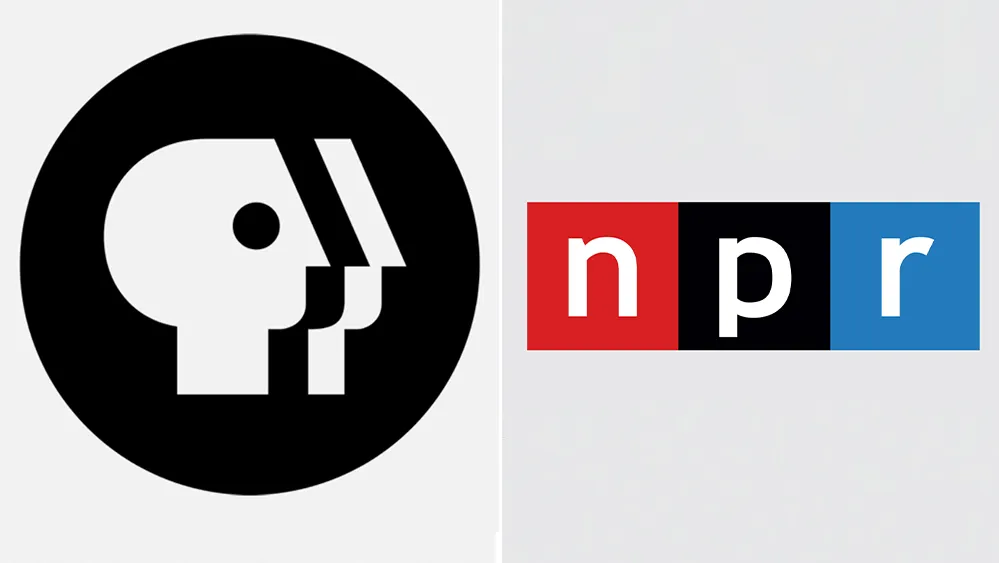









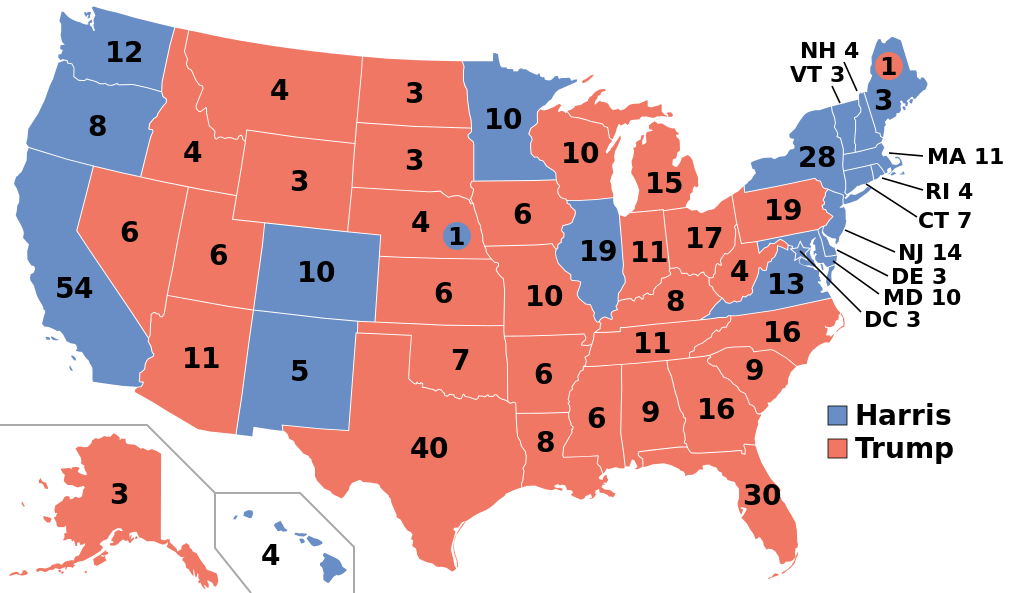
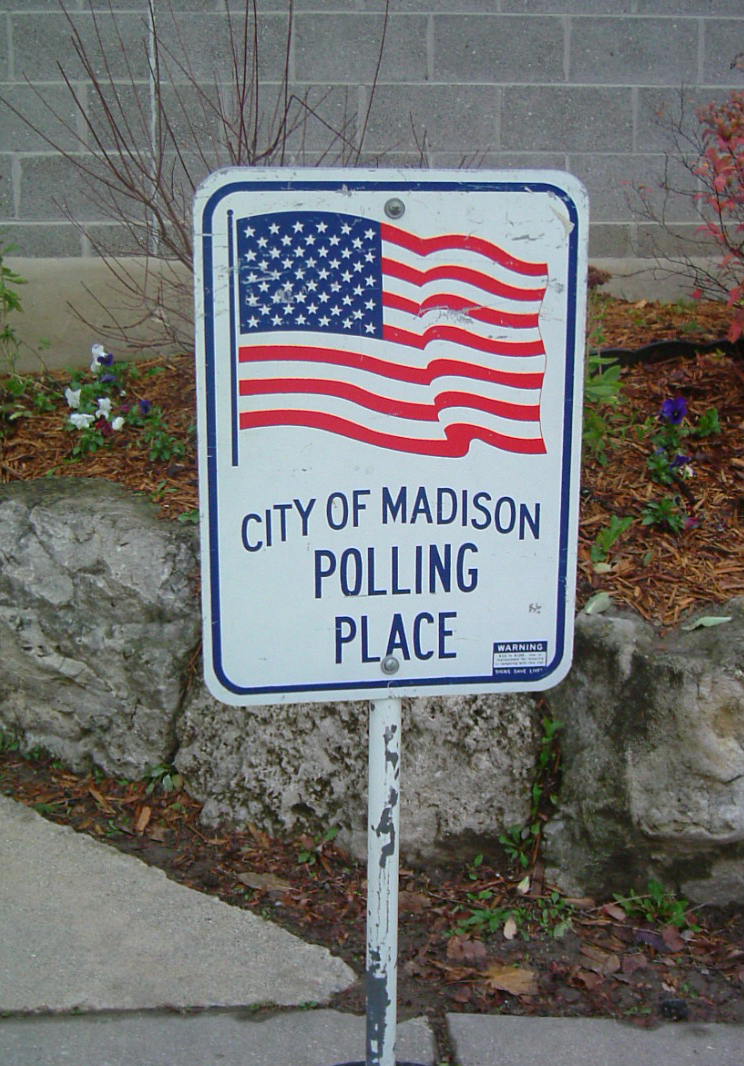






![Image credit to [puamelia]](https://memorialswordandshield.com/wp-content/uploads/2025/08/3435027358_ef87531f0b_o-1200x803.jpg)

